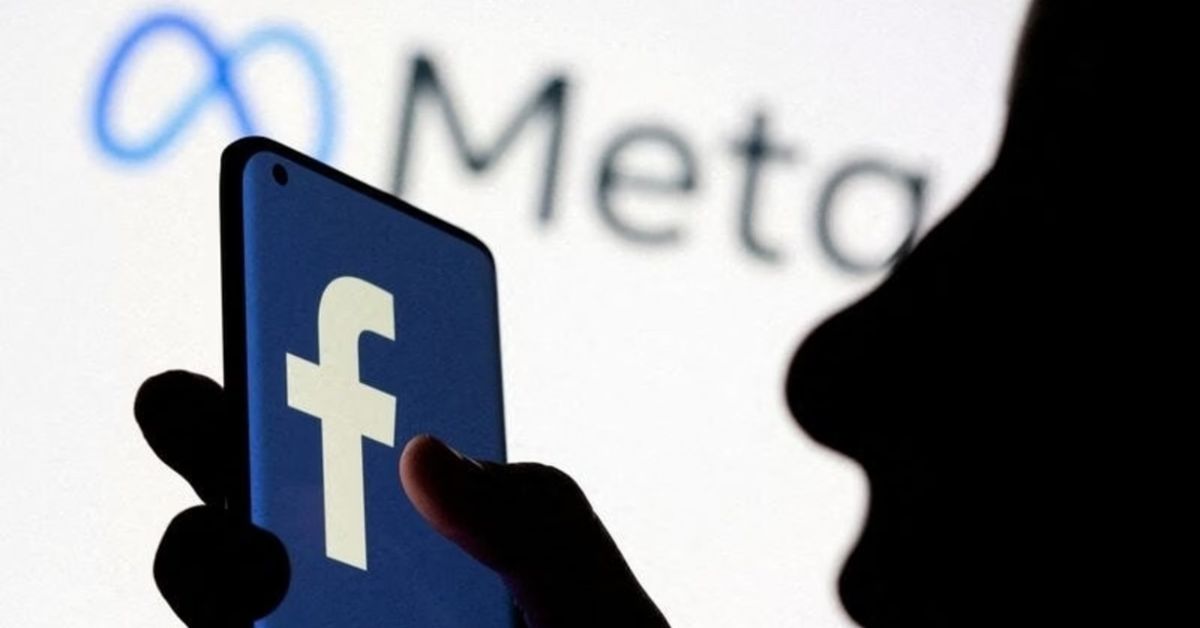In an unprecedented legal challenge, Meta Platforms, the parent company of Facebook owner Meta, Instagram, and WhatsApp, is confronting a colossal ₹5,000 crore lawsuit filed by a group representing 83 Spanish media outlets. This lawsuit, rooted in accusations of unfair competition in the advertising market, not only shakes the foundations of Meta’s advertising practices but also signals a potentially transformative moment for the digital advertising landscape in the European Union.
The lawsuit, spearheaded by the AMI media association, was collectively filed by various newspapers at a commercial court, alleging that Meta violated EU data protection rules from 2018 to 2023. This legal action revolves around Meta’s extensive and systematic utilization of personal data from its users across its platforms, which allegedly provides Meta with an undue advantage in crafting and offering personalized advertisements. Such a practice, the newspapers contend, amounts to unfair competition.
Significantly, the complaint includes major Spanish news organizations like Prisa, publisher of El Pais, and Vocento, owner of ABC. They argue that the majority of Meta’s advertisements leverage personal data acquired without explicit consent from users, contravening the EU General Data Protection Regulation (GDPR). Enacted in May 2018, GDPR mandates websites to seek authorization for storing and using personal data.
Nicolas Gonzalez Cuellar, representing the newspapers, highlighted the broader implications of this case. He suggested that similar legal proceedings could be initiated in any EU country, given the alleged infringement of European regulations.
This lawsuit represents the latest in a series of efforts by traditional media to challenge tech giants in courts, seeking to protect their interests. Media organizations worldwide have been embroiled in legal battles and legislative efforts to compel tech giants to pay equitable fees for using and sharing their content.
The Spanish media’s legal action recalls a notable victory against Alphabet’s Google News service. The Spanish government had shut down Google News in 2014, only to reopen it in 2022 under new laws that enable media outlets to negotiate fees directly with the tech company. Following Spain’s lead, countries like Canada have recently implemented regulations to ensure internet giants compensate for news content.
As this case unfolds, it could set a significant precedent, influencing the future dynamics between legacy media and tech giants, not just in the European Union, but globally. This legal battle underscores a pivotal moment in the digital advertising domain, spotlighting the ongoing tensions between media rights and the data-driven strategies of tech behemoths.

